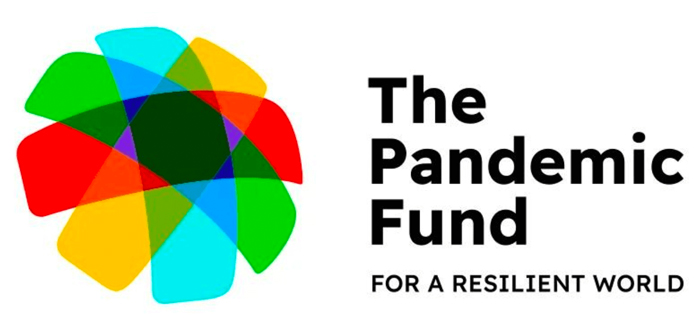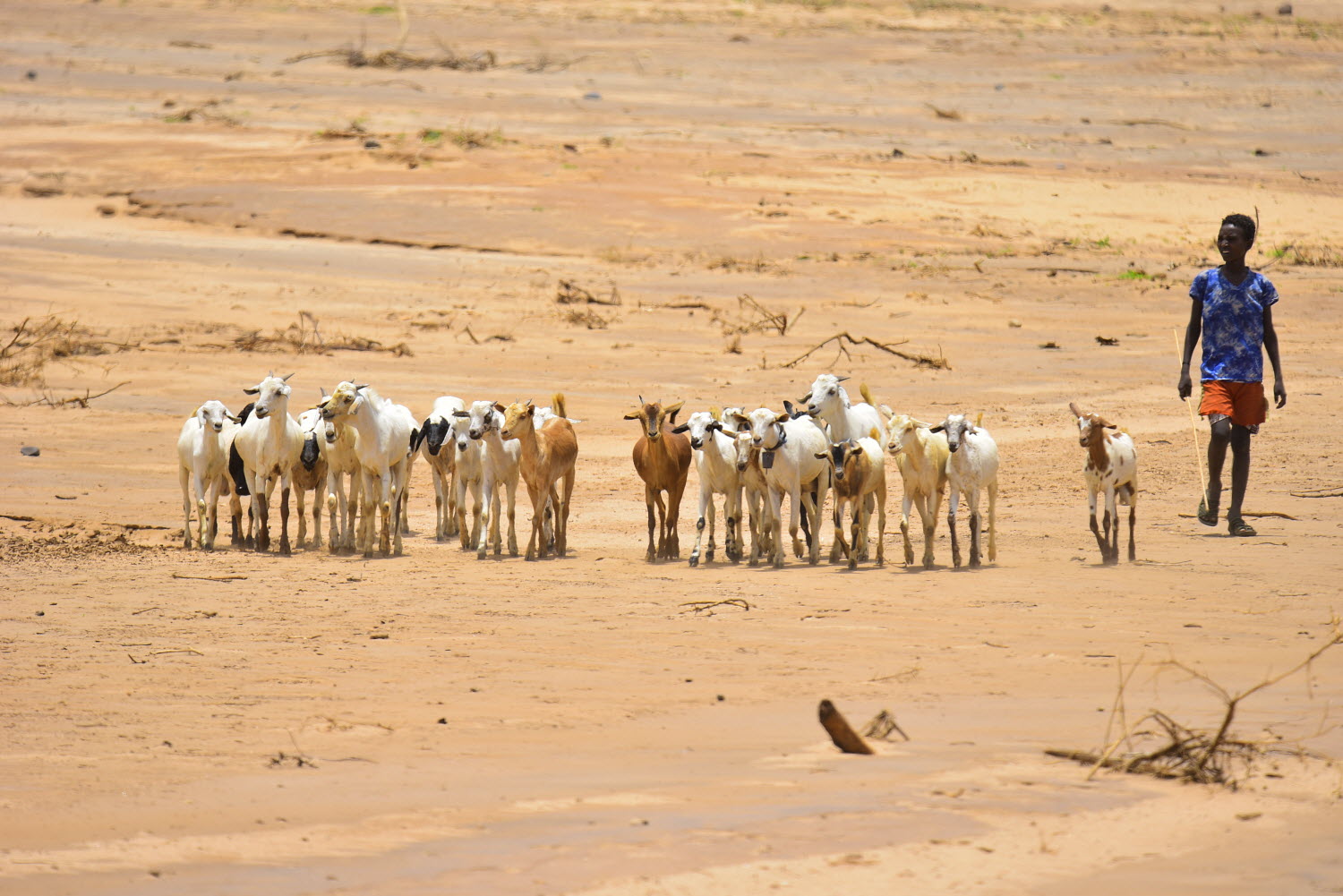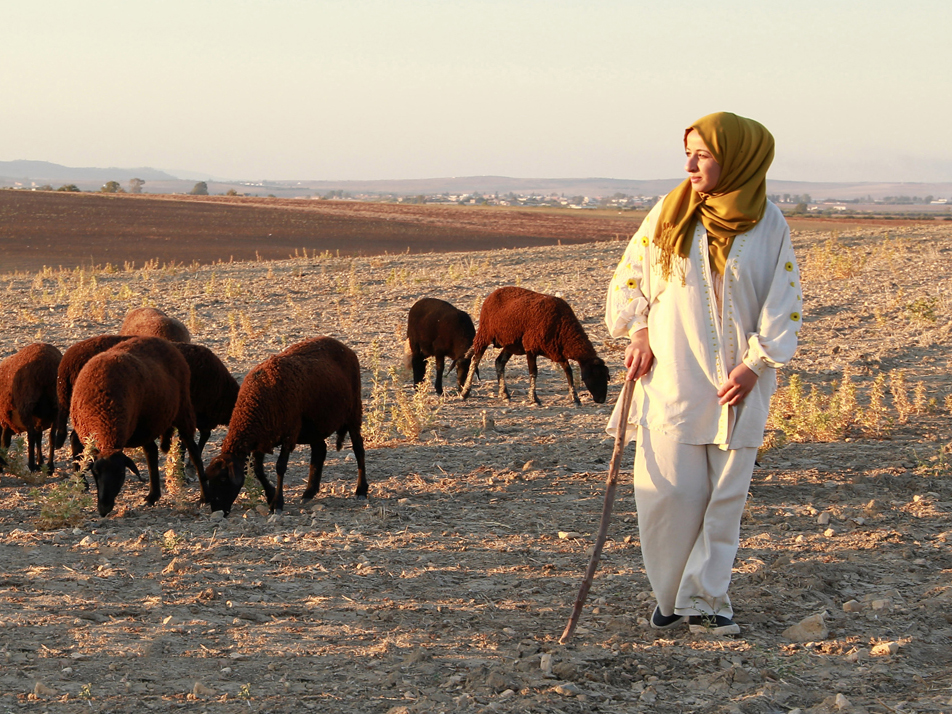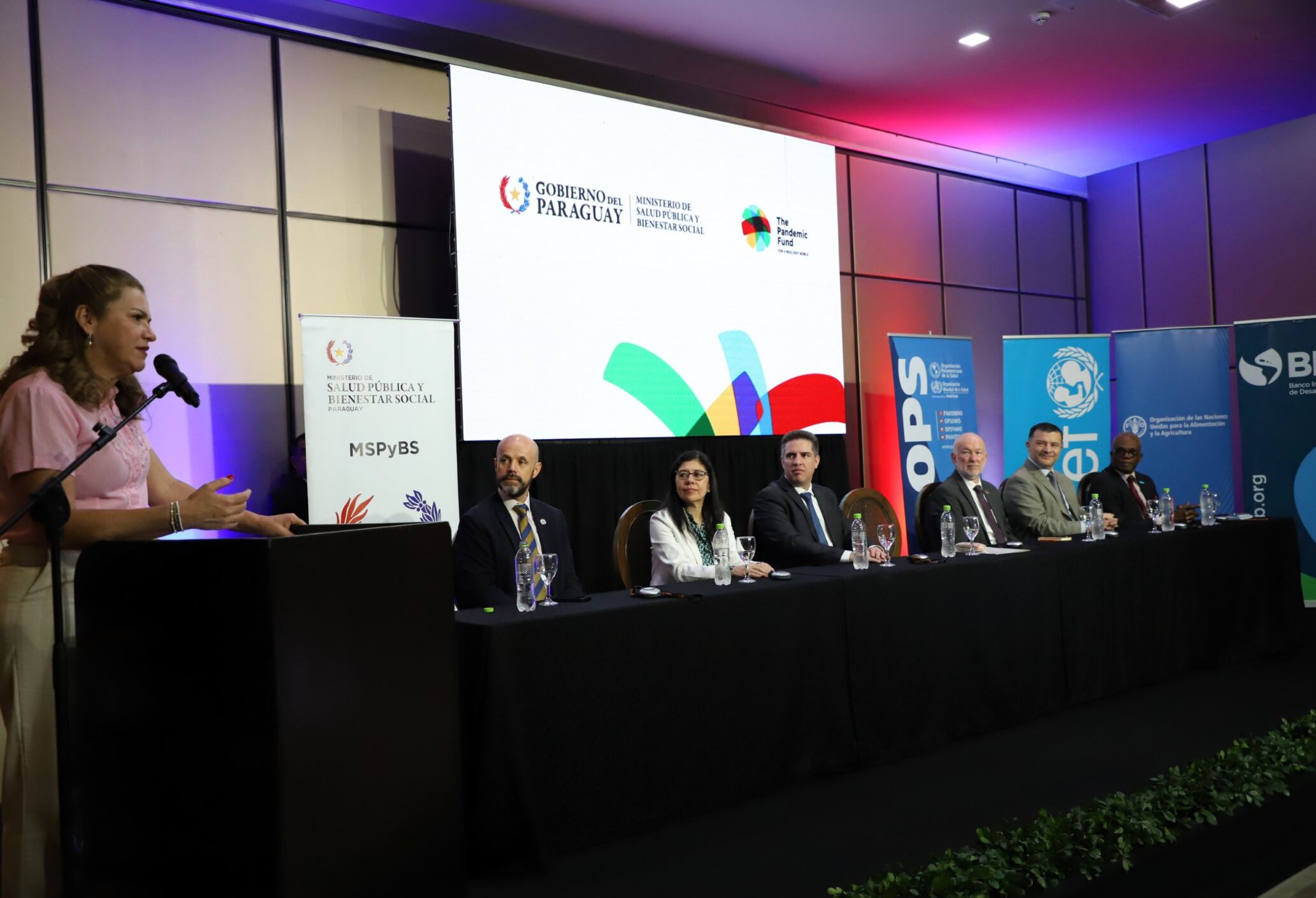2cc3ee8b0f914ae5b914d84713fb95e0.jpg?sfvrsn=fb52a48e_0)
Disease surveillance and response for enhanced epidemic and pandemic prevention, detection and response in Tanzania

Tanzania, a country with dynamic human-animal-environment interactions and growing public health needs, aims to fortify its resilience against pandemics through the integration of human, animal, and environmental health under a comprehensive One Health framework. The project seeks to address critical gaps in surveillance, laboratory systems, and workforce capacity while fostering national and sub-national collaboration to enhance health security.
Implementation and key components
FAO, WHO, and UNICEF will serve as the Implementing Entities, working in collaboration with Tanzania’s Ministry of Health, the Ministry of Livestock and Fisheries, and the Zanzibar Ministry of Agriculture and Natural Resources, ensuring inclusivity and targeting vulnerable communities.
Strengthening surveillance systems
This component focuses on expanding electronic event-based surveillance (eEBS) at both the national and subnational levels. Activities include integrating data systems across human, animal, and environmental health, developing real-time data dashboards, and enhancing community-based surveillance in underserved areas. Training programs will target health workers in predictive analytics and data-driven decision-making to ensure timely public health responses.
Improving laboratory capacities
Laboratory systems will be enhanced through the development of an integrated sample referral network, the implementation of biosafety and biosecurity standards, and the scaling up of genomic sequencing capabilities. The project will also establish quality management systems and provide training for laboratory personnel to ensure accurate and timely diagnostics for zoonotic diseases and other health threats.
Building workforce capacity
A multisectoral workforce strategy will be developed to enhance pandemic preparedness and response. This includes the establishment of continuous learning platforms, surge workforce training, and updated curriculums focused on outbreak investigation, risk communication, and rapid response. Particular attention will be given to strengthening capacities in rural and high-risk areas.
Enhancing risk communication and community engagement
The project will improve community awareness and participation in health interventions through targeted training for community health workers and leaders, as well as the development of culturally relevant communication materials.
Expected outcomes
The project will establish a robust and integrated health surveillance system capable of early detection and timely response to public health threats. Laboratory systems will be equipped to handle high-risk pathogens, while intersectoral coordination will strengthen One Health collaboration. By improving workforce skills and engaging communities, the project aims to enhance resilience at all levels of the health system. The initiative is expected to lead to measurable improvements in Tanzania’s JEE, SPAR, and PVS scores, aligning with the Pandemic Fund Results Framework and the International Health Regulations (2005).
Implementing Entities
FAO, UNICEF, WHO
Priority areas
- Early warning and disease surveillance systems
- Laboratory systems
- Human resources/public health and community workforce capacity
Total budget
USD 24,998,558
Total co-financing
(in kind and cash)
USD 6,689,631
Total co-investment
(in kind and cash)
USD 6,990,151
Find out more

Projects
FAO and the Pandemic Fund
FAO is co-leading the implementation of 32 Pandemic Fund projects worth over USD 165 million aimed to boost local and global health security.

Highlights
Pandemic Fund’s third call for proposals
The Pandemic Fund has announced its third Call for Proposals, with an envelope of USD 500 million to enhance pandemic preparedness and response with a focus in low- and middle-income countries.

Highlights
Global fight against pandemics gains momentum as projects launch with FAO support
The first of Pandemic Fund projects launched at national level, including Ethiopia, Paraguay, Central Asia countries, and Yemen.
